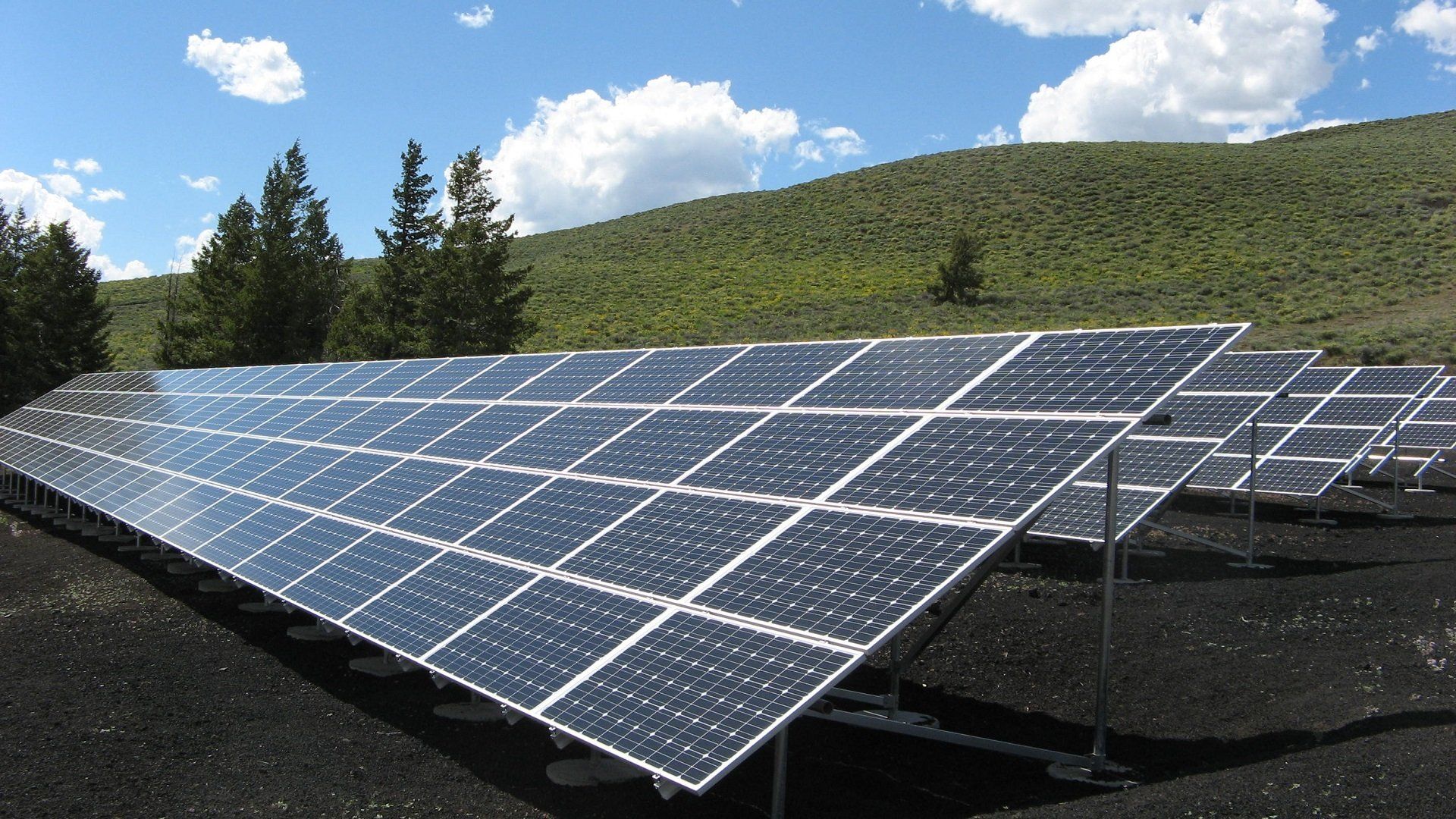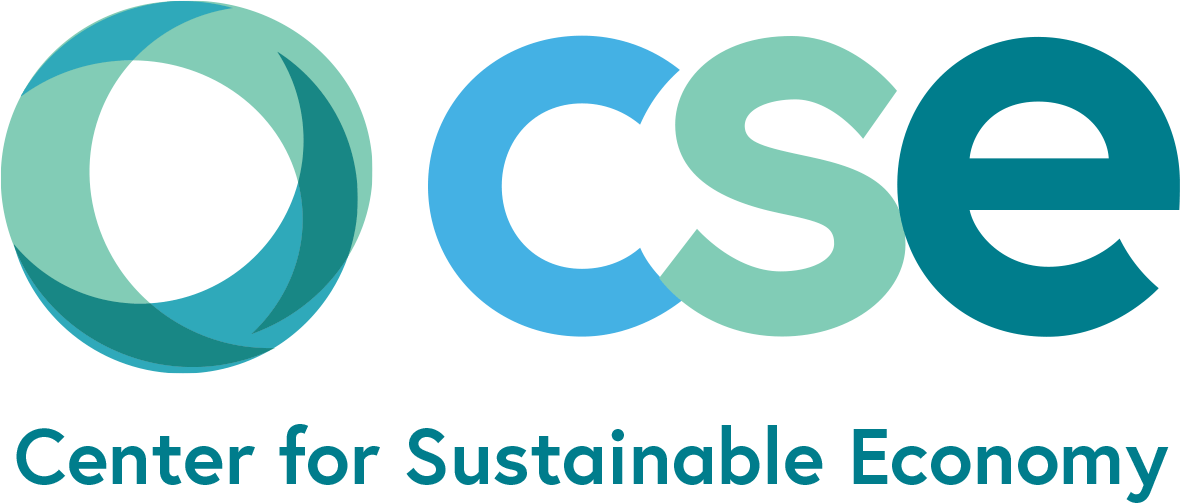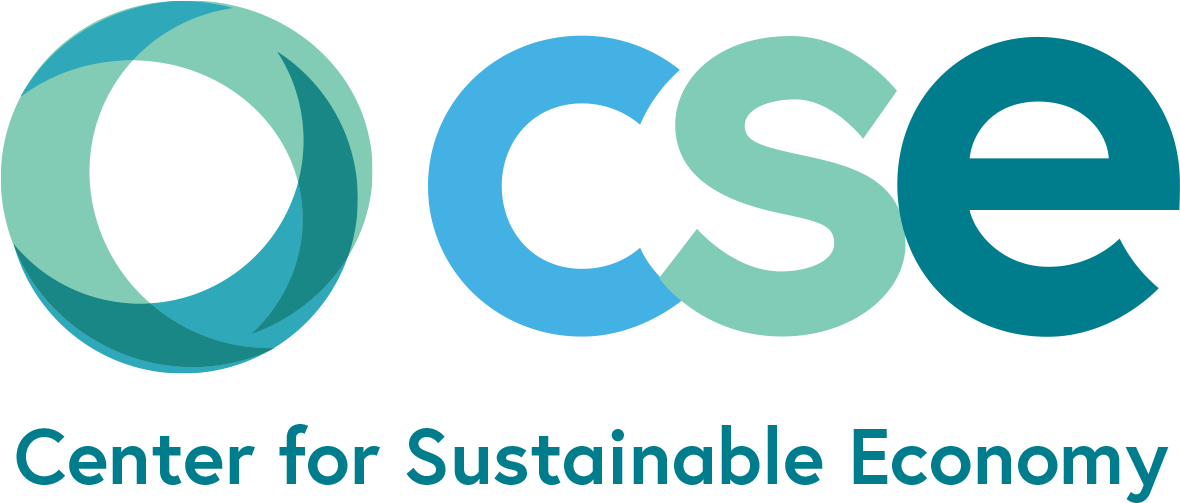Sustainable Development Opportunities in Nunavut
John Talberth • February 21, 2018

In a report commissioned by Greenpeace Canada, “Beyond Fossil Fuels: Sustainable Development Opportunities in Eastern Nunavut,” CSE’s John Talberth and Daphne Wysham explored the dilemma Canada’s northern territory of Nunavut is facing. With so few economic alternatives available, and with climate change wreaking havoc on an already disrupted traditional way of life, the people of Nunavut—largely Inuit—are facing yet another threat in the form of extractive industries, including oil and gas exploration, poised to expand their operations in the melting Arctic. The lucrative opportunities being offered to the Inuit could help defray the exorbitantly high cost of basic living expenses for food, fuel, housing and health care the region so desperately needs. But they come with the promise of even more disruption to the traditional Inuit way of life.
The Inuit of Nunavut were resettled by the Canadian government from their traditional widely dispersed villages to clustered housing units, most of which are are poorly constructed and insulated, and require massive amounts of diesel fuel for heating and lighting.
While poverty, malnutrition, infant mortality, poor health and suicide are at record levels in Nunavut, it was not always this way. The transition from a traditional Indigenous culture to a formal market economy—foisted on the Inuit by the Canadian government– has brought with it financial insecurity, food insecurity and substandard housing, all relatively new phenomena.
Wysham and Talberth explore four ways in which Nunavummiut could avoid going further down the path of the extractive economy, and instead shore up a more sustainable, self-reliant economy in Nunavut. Among the authors’ suggestions:
- Investment in the region’s human capital – with enhanced education, internet connectivity, and a stronger focus on food security, while respecting and rewarding traditional knowledge, ensuring its preservation;
- Supporting renewable energy options such as solar, wind, hydro and tidal power in the region while promoting more efficient building construction;
- Supporting Indigenous tourism by bolstering sustainable tourism managed by the Inuit themselves;
- Growing an Inuit-controlled sustainable fishery for both commercial and subsistence purposes.
Read the full report here: Beyond Fossil Fuels: Sustainable Development Opportunities for Nunavut
Media coverage: Report calls on Nunavut to shun resource development in favor of sustainable projects


